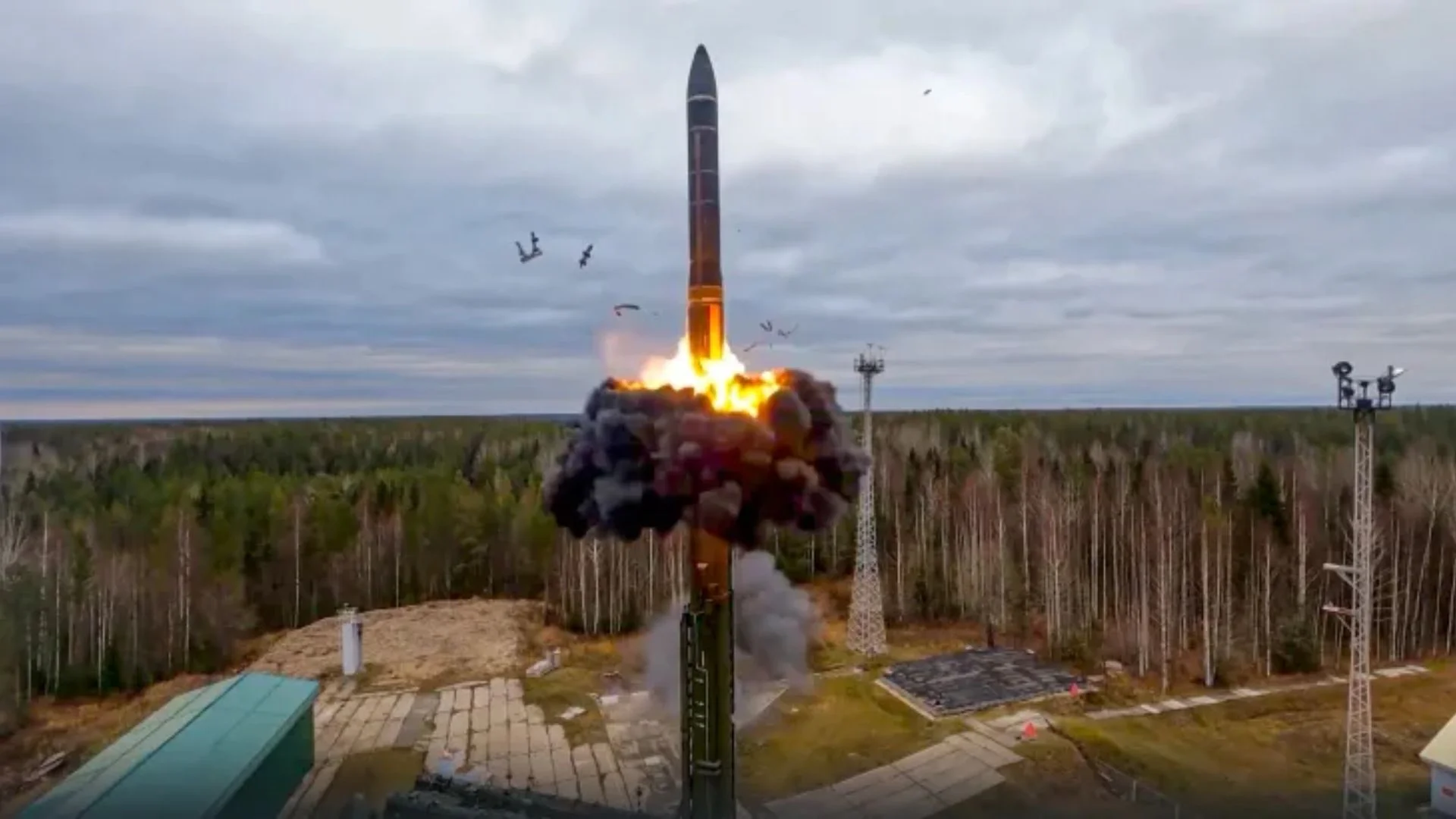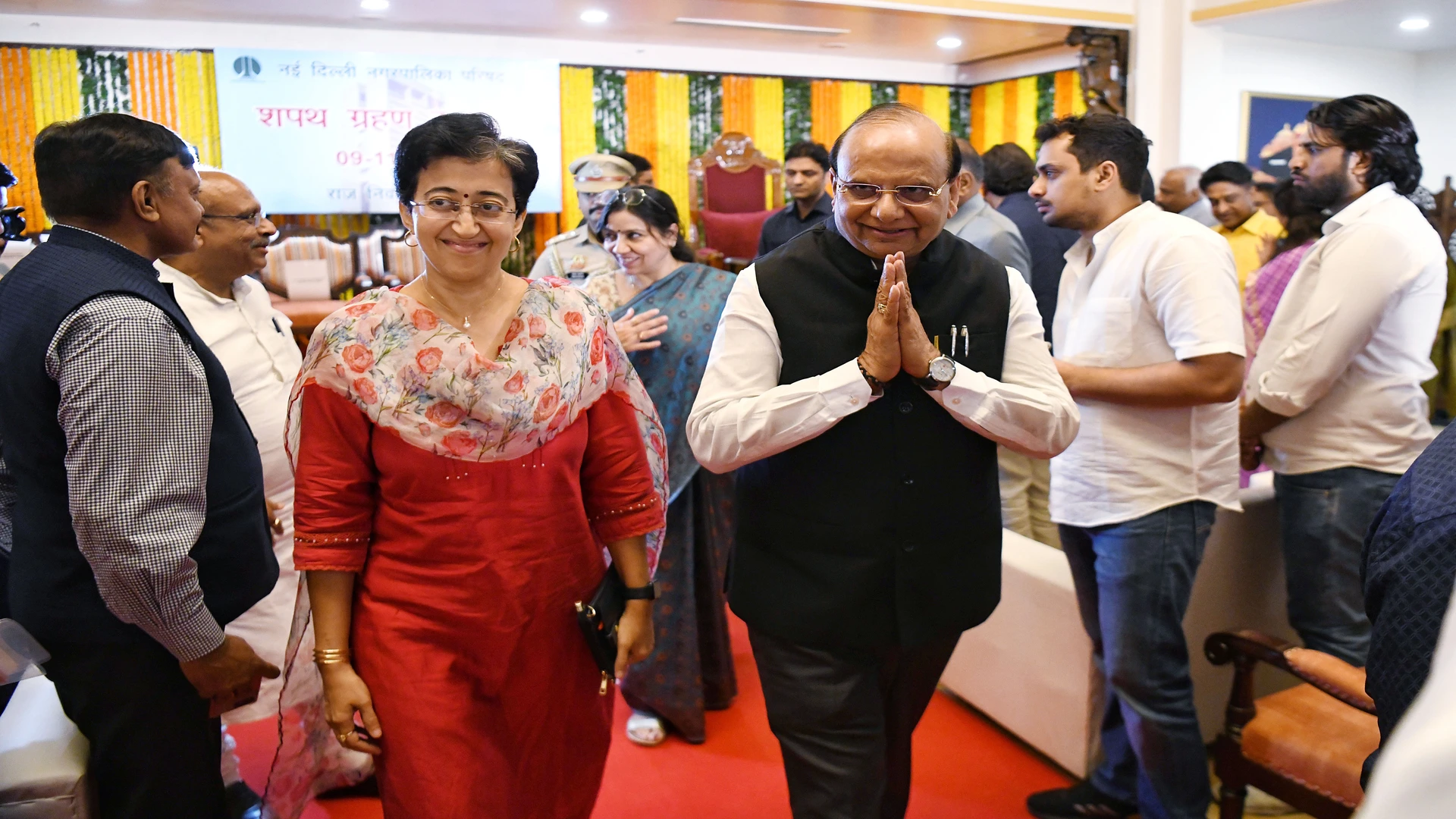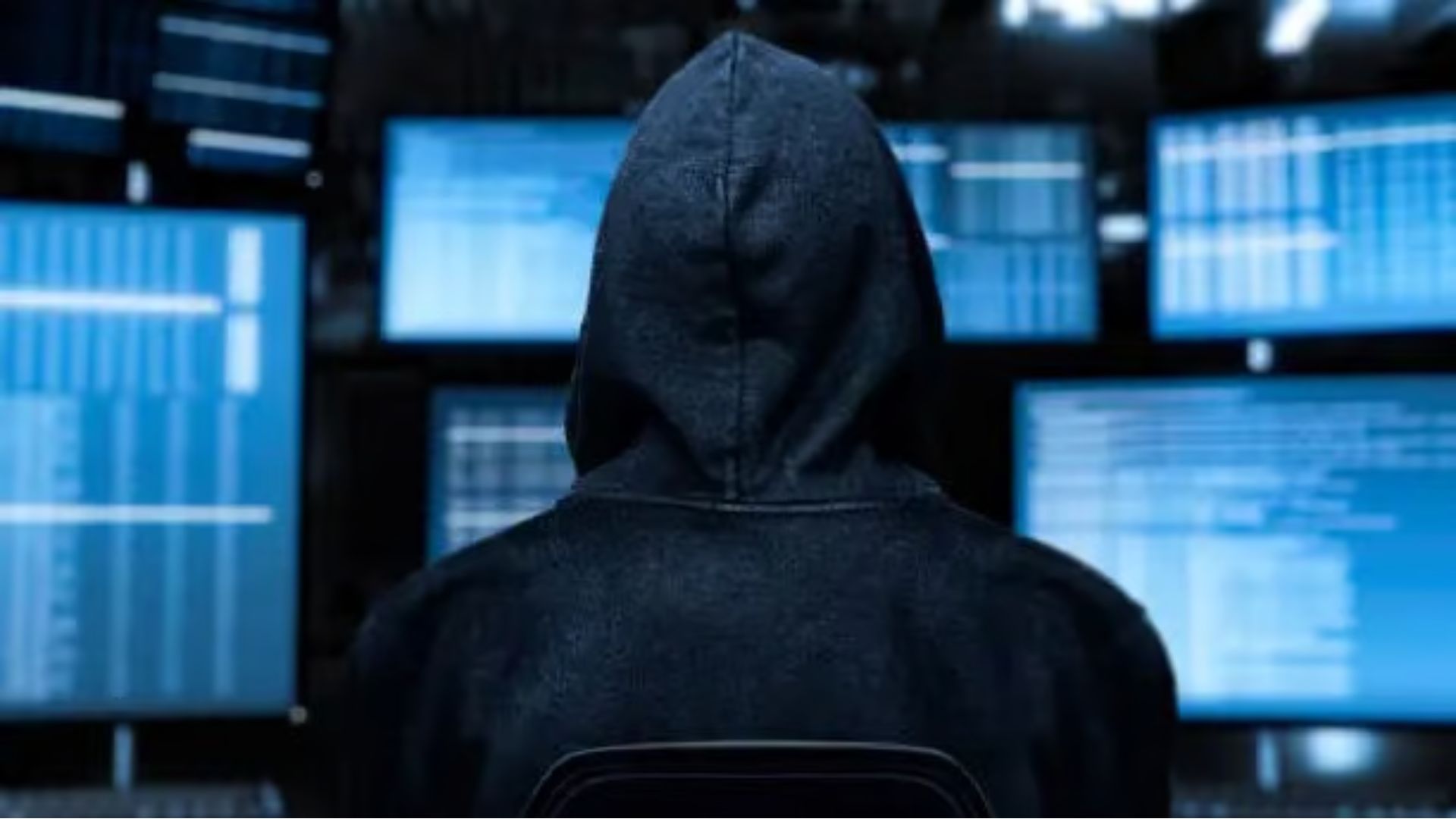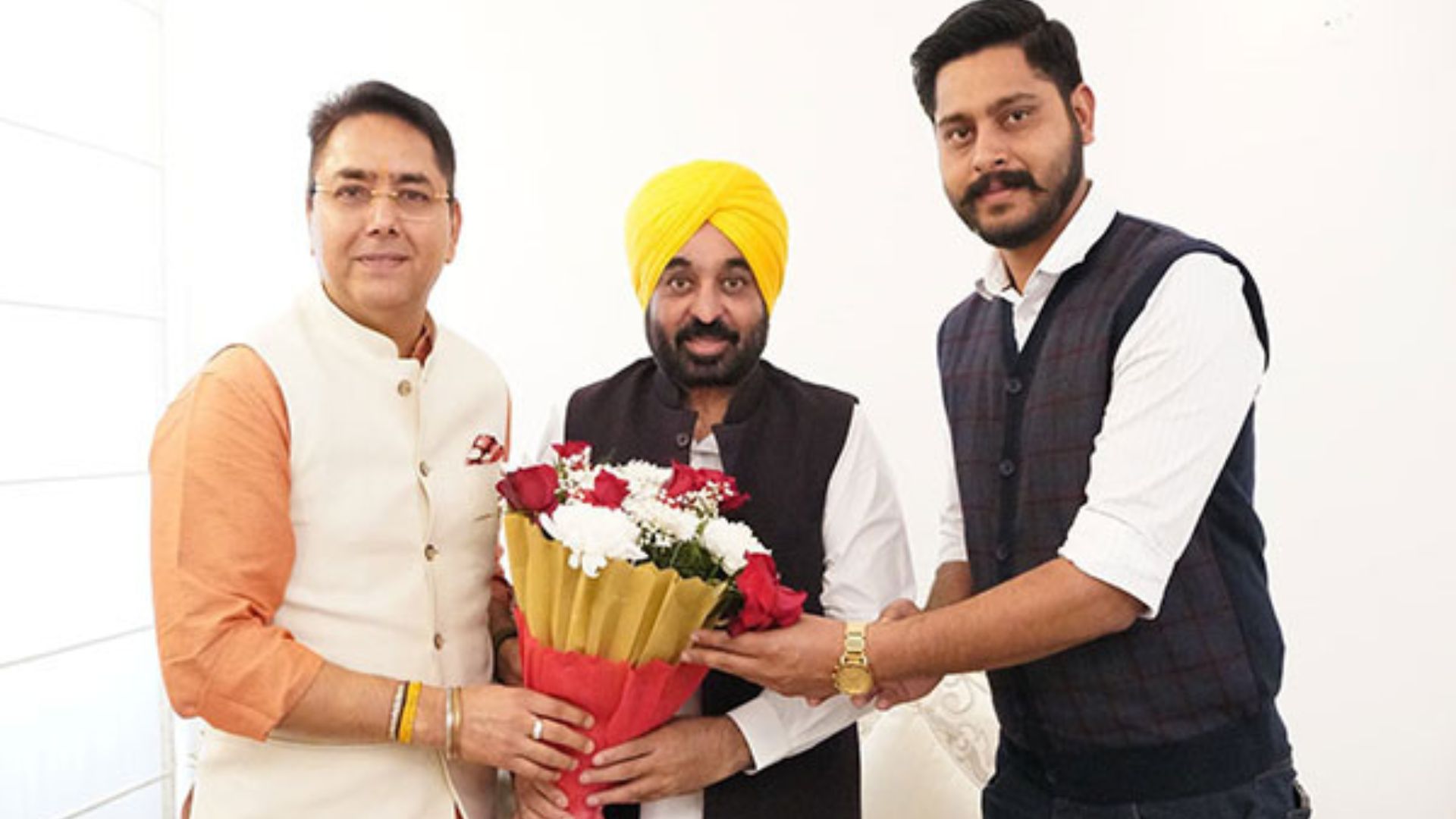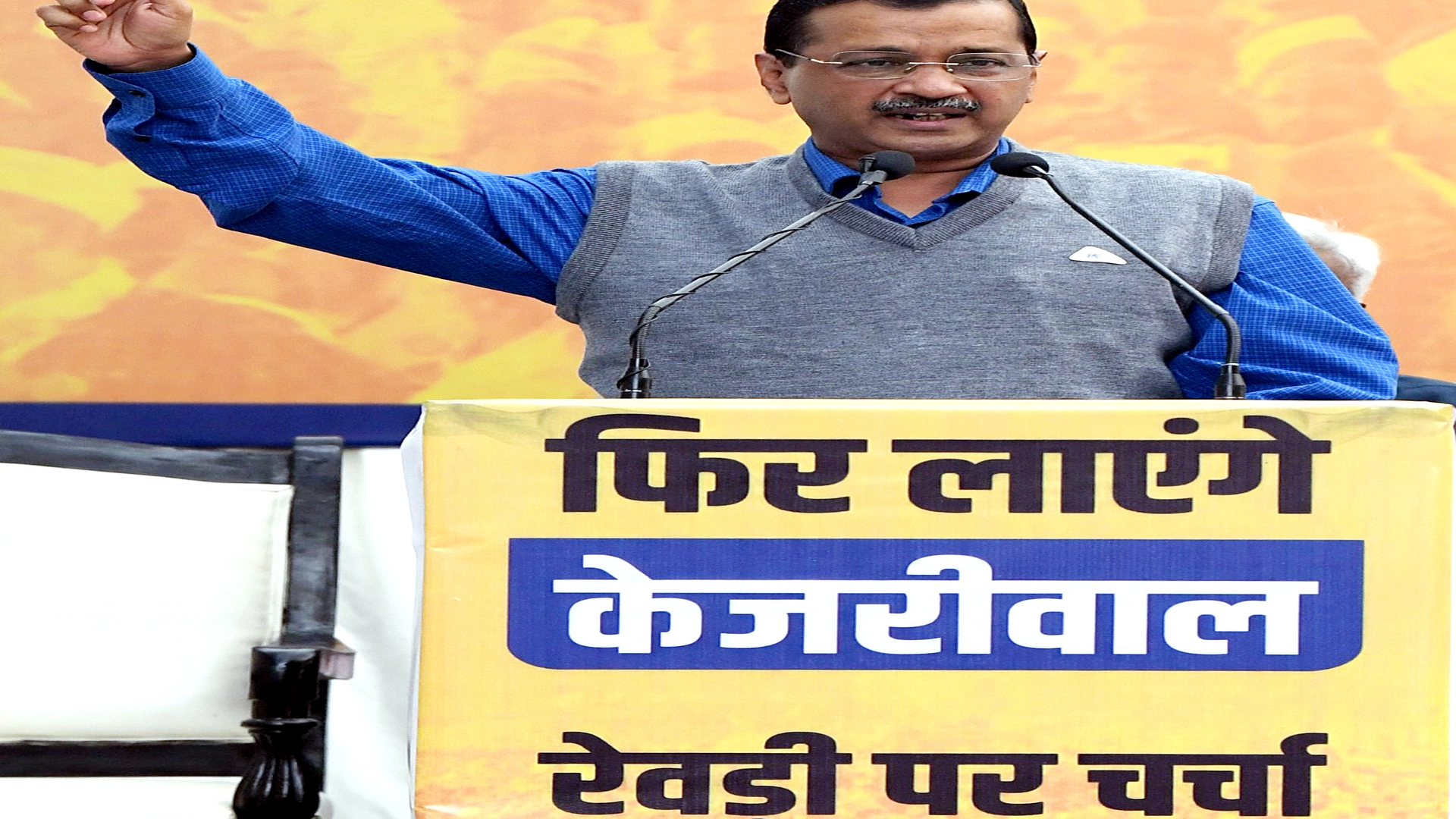
Taiwan’s opposition-controlled parliament has approved legal amendments to enhance lawmakers’ oversight of the government under President Lai Ching-te, who took office on May 20, as reported by Voice of America. Despite extensive protests since May 17, which drew hundreds of thousands of demonstrators, the China-friendly Kuomintang (KMT) and the Taiwan People’s Party (TPP) used their majority to pass the bills on Tuesday. These bills now await the president’s signature to become law.
Supporters, including KMT legislative caucus convenor Fu Kun-chi, argue that the amendments will strengthen checks and balances and enable the legislature to fight corruption more effectively. “Now that Taiwan’s legislature has passed the bills, lawmakers will uncover all corrupt officials and all kinds of malpractices in the future,” remarked Fu, who also announced plans to form a “special investigation team” to probe corruption cases, according to Voice of America.
As the amendments were voted on, thousands of protesters voiced their opposition, brandishing a giant white ball with the phrase “rejecting Chinese political interference.” Critics accuse the opposition of bypassing democratic norms by rushing the legislative process without sufficient inter-party negotiation. “There is a democratic negotiation mechanism in Taiwan’s parliament, but the opposition parties’ insistence on pushing the bills through the legislature without proper deliberation has violated regular democratic practices,” said Liao Yan-cheng, a 78-year-old retiree.
There are also concerns that the opposition may misuse these new legislative powers to undermine President Lai’s administration over the next four years. Max Wang, an 18-year-old student, expressed his worries: “Since the opposition parties will maintain control over the legislature for the next four years, they can ram through this controversial bill without following the proper legislative process.”
The amendments grant lawmakers the authority to demand annual reports from the president and interrogate government officials. They also increase the legislature’s control over government budgets and its ability to investigate government projects. The ruling Democratic Progressive Party (DPP) has criticized the reforms, arguing that they could undermine Taiwan’s democracy, while the KMT insists the changes are necessary to check the president’s powers.
Concerns about the constitutionality of the reforms have been raised by legal scholars and bar associations, suggesting potential violations of the Republic of China’s constitution, according to VOA. Huang Cheng-Yi, a legal expert at Academia Sinica, pointed out constitutional issues, noting that some aspects of the reforms may be unconstitutional. He expects the DPP to challenge the reforms in the constitutional court.
Analysts warn that the amendments could empower the opposition to launch investigations that might hinder the Lai administration’s policy implementation and jeopardize national security. Despite mounting pressure, President Lai is expected to use his constitutional authority to request that legislators reconsider the reforms. With no single party holding a parliamentary majority, Taiwan faces the prospect of political gridlock, which could affect defense spending and social welfare policies.
Huang at Academia Sinica warns that prolonged political gridlock could threaten Taiwan’s democratic system, emphasizing the need for dialogue and compromise among all political parties to preserve democratic governance, Voice of America reported.
